Courtesy: The Kingsman Journal – Distributed by NYC Newswire
Local Law 18, which put a virtual ban on airbnb in NYC, was designed to curb illegal short-term rentals and protect affordable housing in NYC, but its implementation has disproportionately hurt small homeowners and outer borough communities. What was once a thriving short-term rental market supporting working families and local businesses has been dismantled, leaving many struggling under the weight of its restrictions.
The Proposed Solution
Council Member Farah Louis has introduced Intro 1107, a bill to allow short-term rentals in one- and two-family homes. This targeted legislation offers a lifeline to small homeowners, enabling them to legally generate income while preserving neighborhood stability. Critics argue it could undermine housing affordability and community cohesion, but the facts tell a different story.
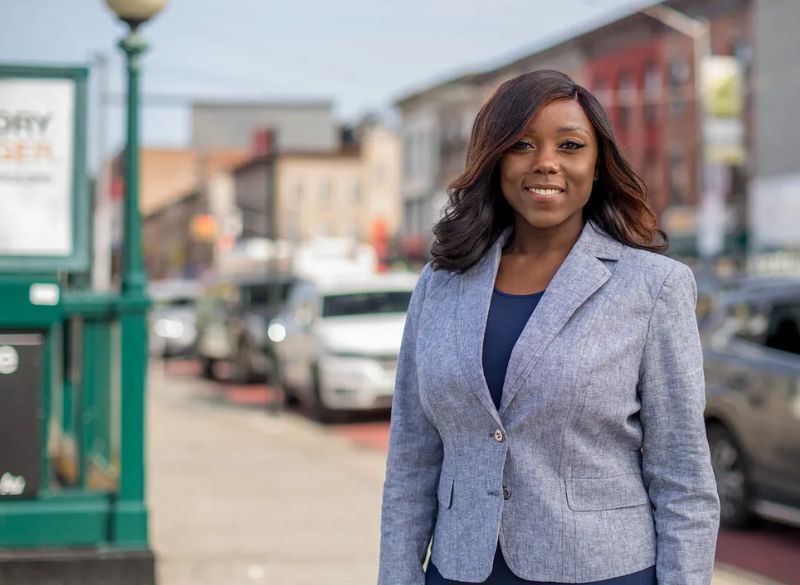
The Impact of Local Law 18
Economic Fallout
A report by HR&A Advisors highlights the severe economic consequences of Local Law 18:
- Visitor spending in boroughs like Queens and the Bronx has plummeted.
- Over $125 million in worker earnings have been lost.
- NYC experienced the third-highest number of foreclosures nationwide in Q3 2024, with 670 properties repossessed.
Meanwhile, housing affordability remains elusive, and hotel prices have surged, making NYC even less accessible for budget-conscious travelers.
Burden on Small Homeowners
For small homeowners, the law has introduced significant challenges:
- Complex registration and compliance requirements.
- On-site occupancy restrictions that discourage renting.
- A competitive disadvantage as luxury buildings continue operating high-priced rentals without similar constraints.
Addressing the Criticisms
Housing Affordability
Opponents claim short-term rentals reduce long-term housing availability, but this argument doesn’t hold for one- and two-family homes, which aren’t typically part of the rental market. Instead, these homeowners can use short-term rentals to stay afloat financially without displacing tenants.
Neighborhood Stability
Far from disrupting communities, short-term renters bring spending power to underserved neighborhoods, supporting small businesses and fostering local economic growth. Small homeowners have a vested interest in maintaining their neighborhood’s character and stability.
Enforcement Feasibility
The proposed legislation simplifies enforcement by focusing on private dwellings. This targeted approach enables better oversight and reduces the burden on enforcement agencies, allowing them to focus on large-scale corporate violators.
A Balanced Path Forward
Local Law 18’s broad restrictions fail to account for NYC’s diverse housing ecosystem. Intro 1107 strikes a better balance by supporting responsible short-term rentals in small properties while maintaining housing security and community cohesion.
It’s time for NYC to embrace a more nuanced approach that empowers small homeowners, strengthens local economies, and addresses the realities of our housing and tourism markets. Let’s move beyond fear-based rhetoric and work toward a solution that benefits all New Yorkers.
Courtesy: The Kingsman Journal – Distributed by NYC Newswire






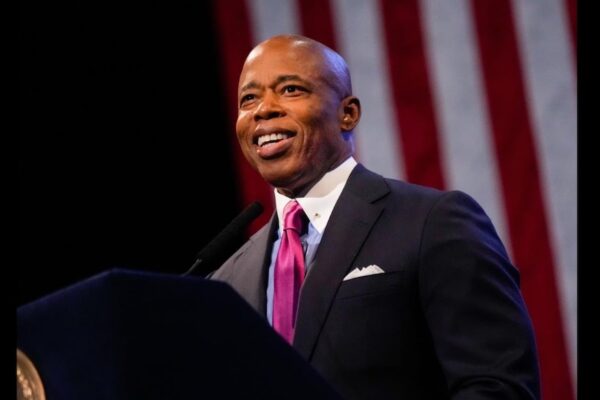
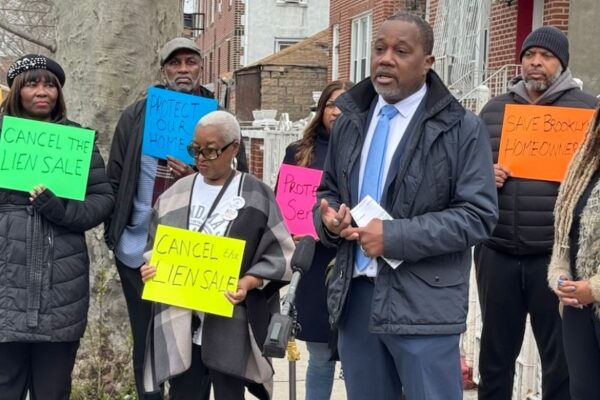
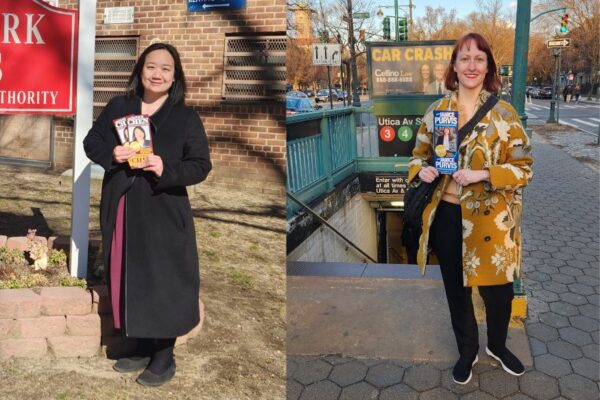
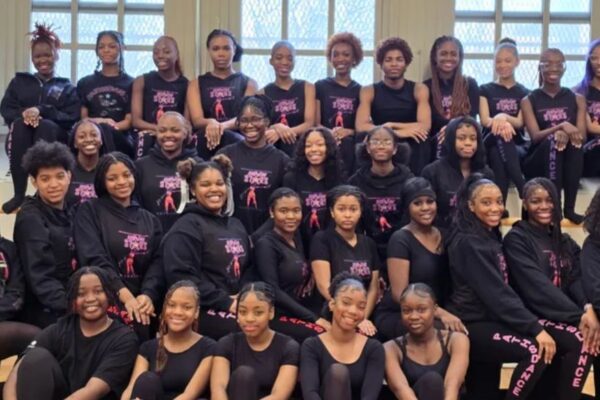
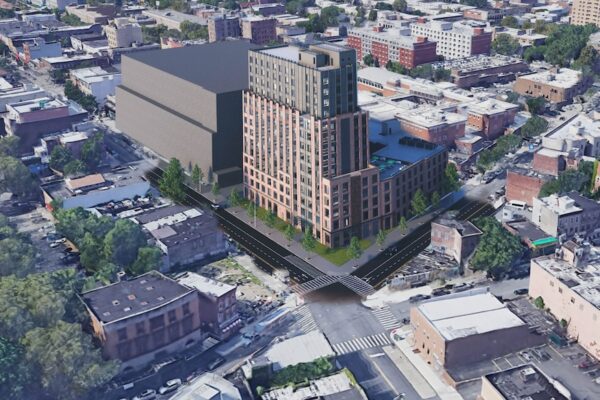






Leave a Reply